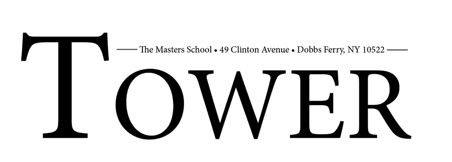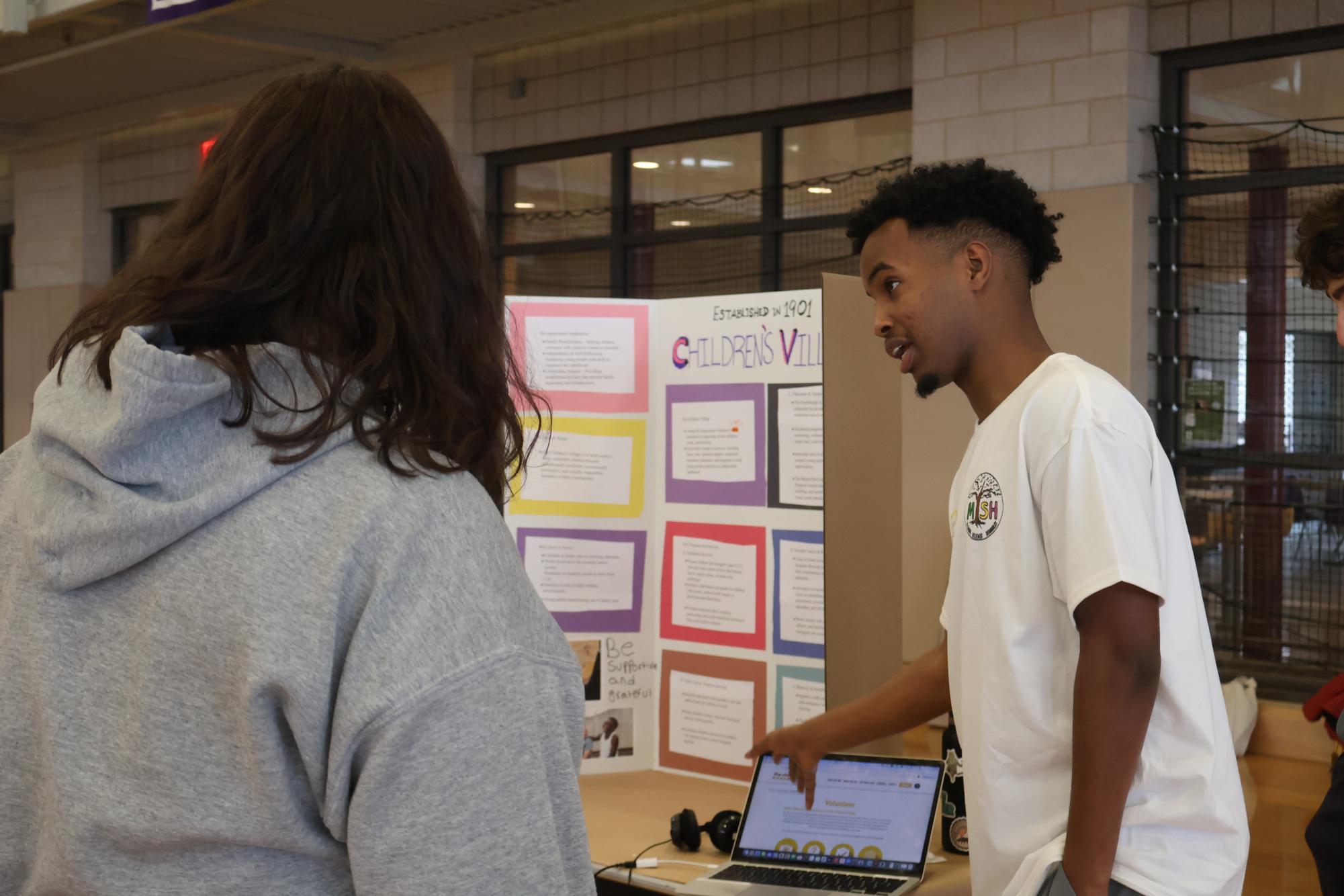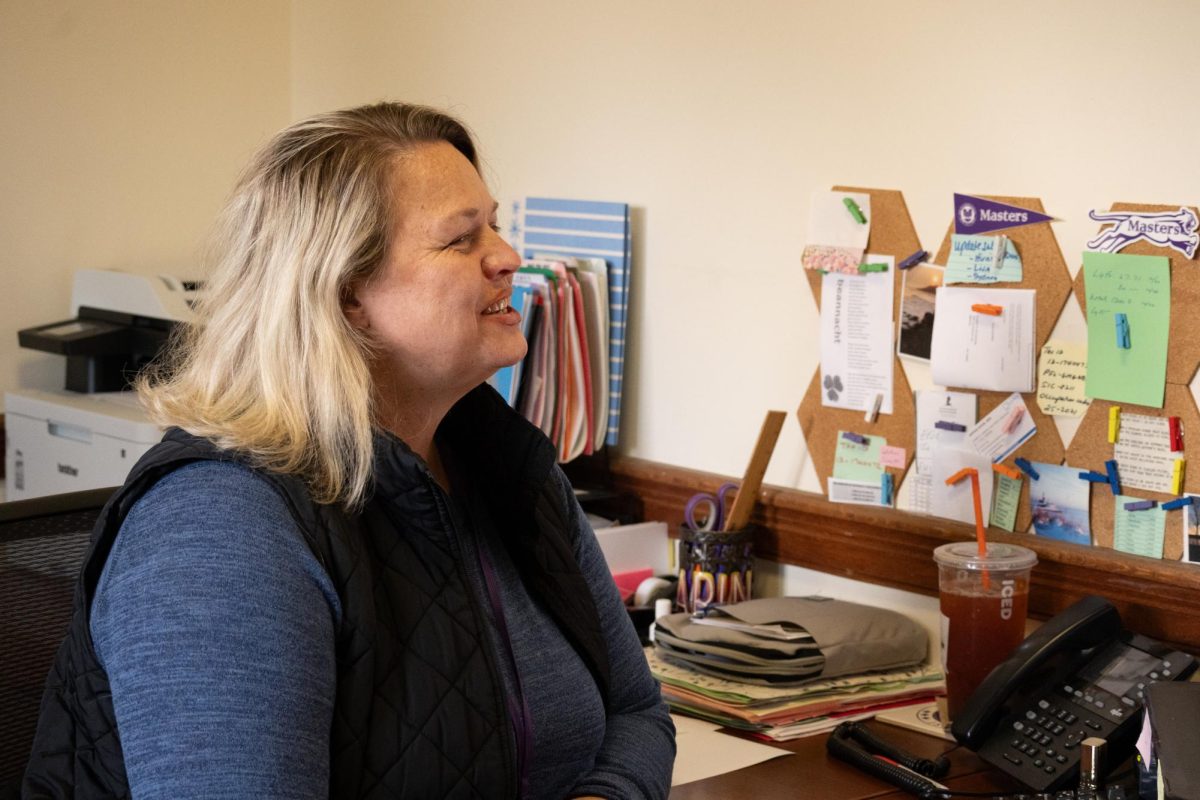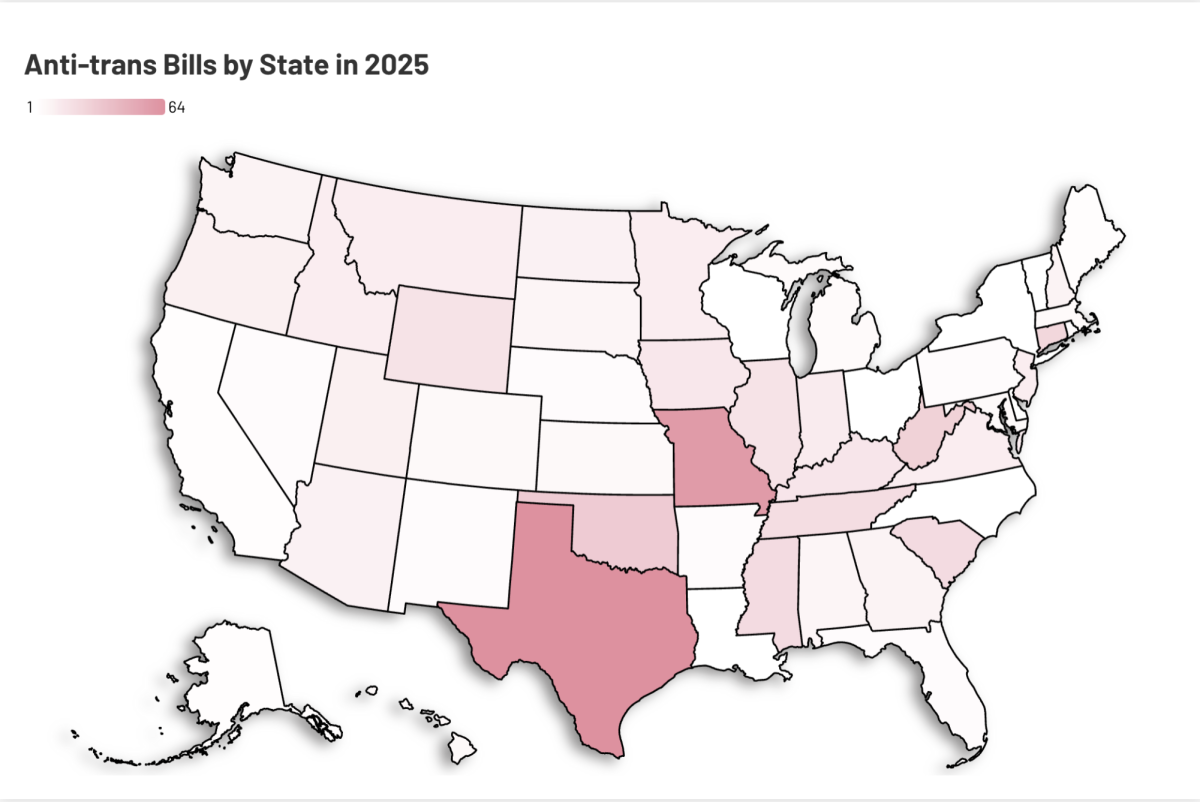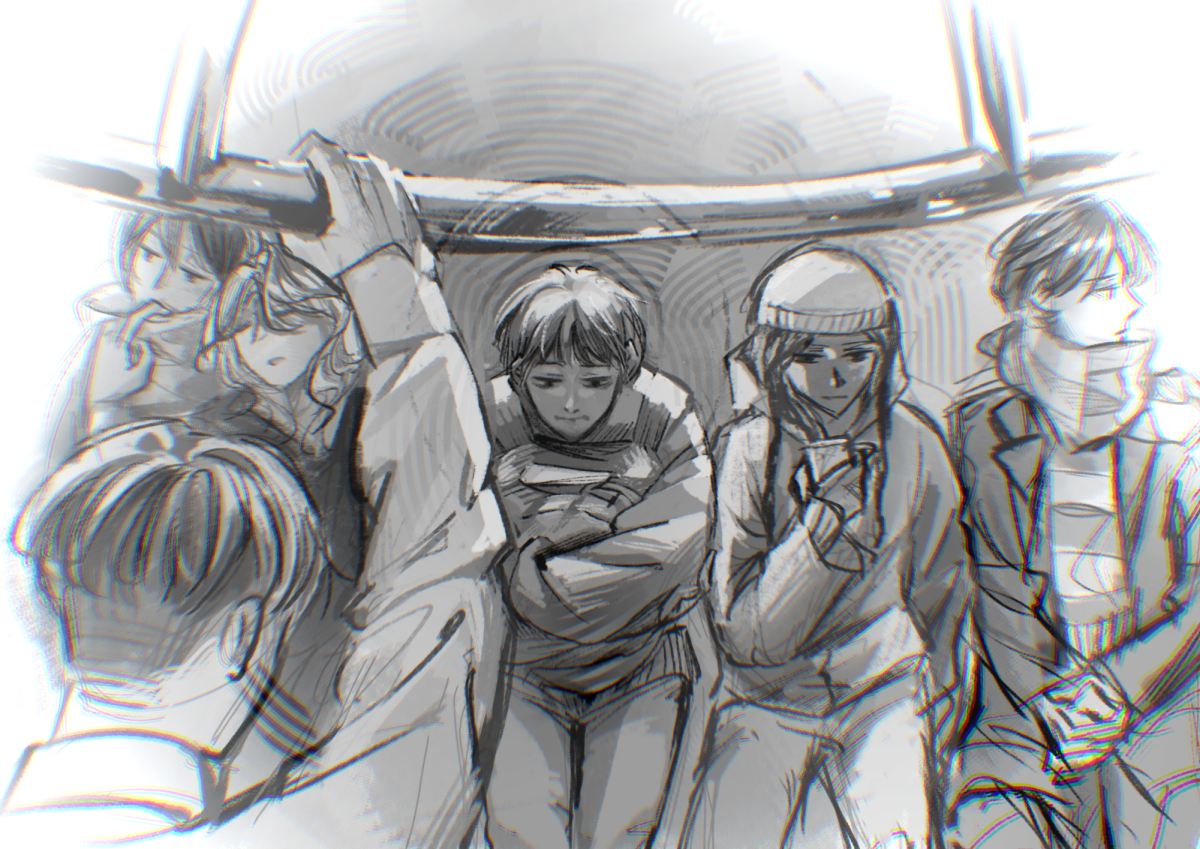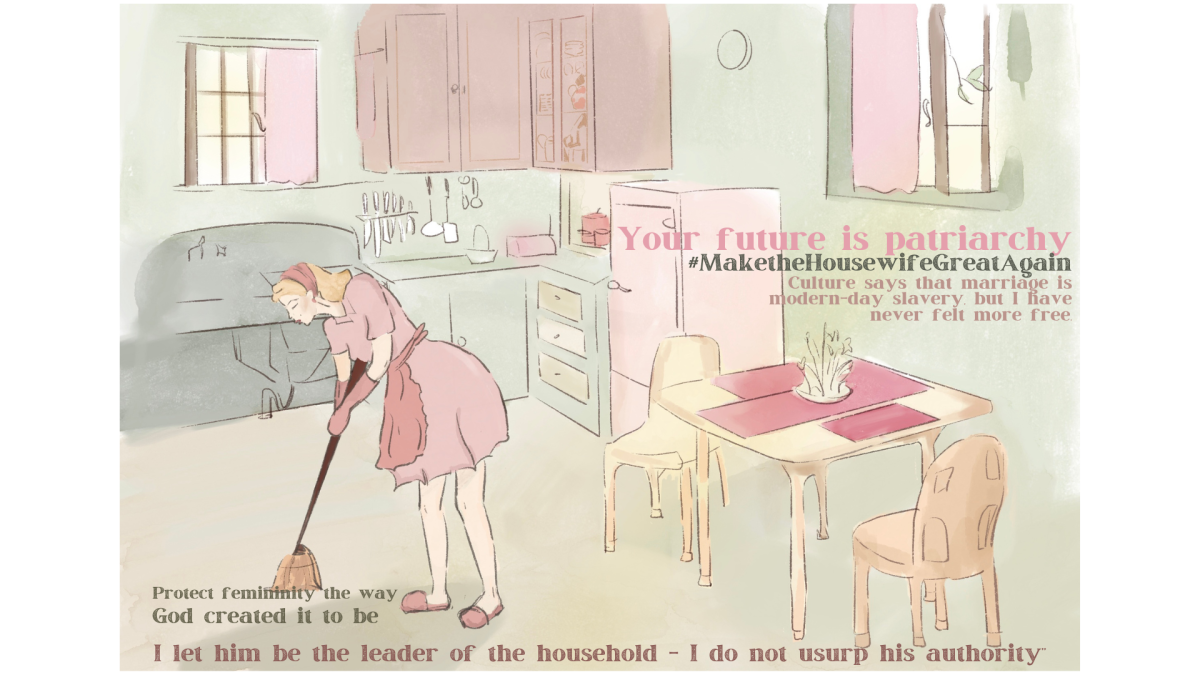Colorful tri-fold boards were displayed in the Fonseca Center (FC) gym. The scent of organic lollipop and Jamaican almond flour cake lingered. MISH student leaders passionately delivered speeches on their community service projects.
On Saturday, April 5, Masters Interested in Sharing and Helping (MISH) hosted its third annual community service fair. According to the Associate Dean for Purposeful Engagement, Marie-Louise Miller, the event aimed to highlight the organizations in the Masters community that are a “power for good.” The fair was filled with diverse student-led activities and presentations. These projects addressed many existing social problems, such as gender equality, immigration, sustainable foods, environmental protection, and more.
One key change to this year’s event was the broader reach of participants. The day included 40 students, along with various student club leaders and representatives from off-campus organizations. “This is the first time we’ve had 14 outside organizations come onto campus, and also the first time MISH has extended out to nine different clubs, such as Arts for All and GALS,” Miller said.
Thoughtful and engaging new MISH projects also made this year’s fair unique. One example was the Repair Cafe, set up by a group of student technicians to help people fix broken objects. Senior and MISH student leader, Cathy He, said, “Repair Cafe is exciting for me because MISH has never done reusing and hands-on activities before.”
Another standout project focused on sustainable nutrition. Designed by senior Eunice Wang, her project aimed to find natural, energy-efficient ingredients to create organic foods. MISH students collaboratively prepared six types of desserts for the fair, including organic lollipops. Junior M’kaela Riley made her hometown dish, Jamaican almond flour cake. Miller shared, “This treat is special to Kaela, and she replaced almond flour with wheat flour and added Torbiano sugar instead of white sugar.”
Furthermore, the location change to the Fonseca Center gym fostered community connection. He said, “Last year we weren’t on our campus. Clubs like AFIA sorted their medical supplies at the warehouse.” Commenting on the FC gym, Miller said, “Gathering here builds deep connections with communities so that Masters students can be in touch with the power for good in an attainable way.”
Driving these changes is a shift in MISH’s emphasis. “We try to move away from solely donations and fundraising because that won’t make our students grow,” He noted. “I’m not just giving, but also learning from them myself. This reciprocal relationship respects their [the people MISH serves] value,” she added. Serving as students’ mentor, Miller emphasized, “Every project starts with self-evaluation—their values, their passions—and then supporting them to move from idea to tangible impact.”
Concluding her thoughts on the fair, Miller said, “Every single student was committed and passionate, and that gives me hope.” Looking ahead, the MISH fair plans to introduce more interactive projects and continue encouraging the Masters community to be a power for good in the world.


